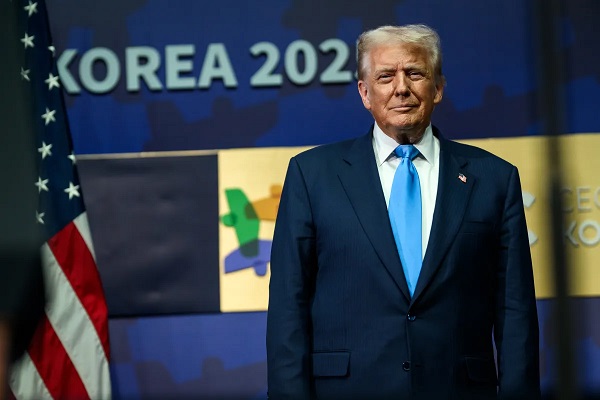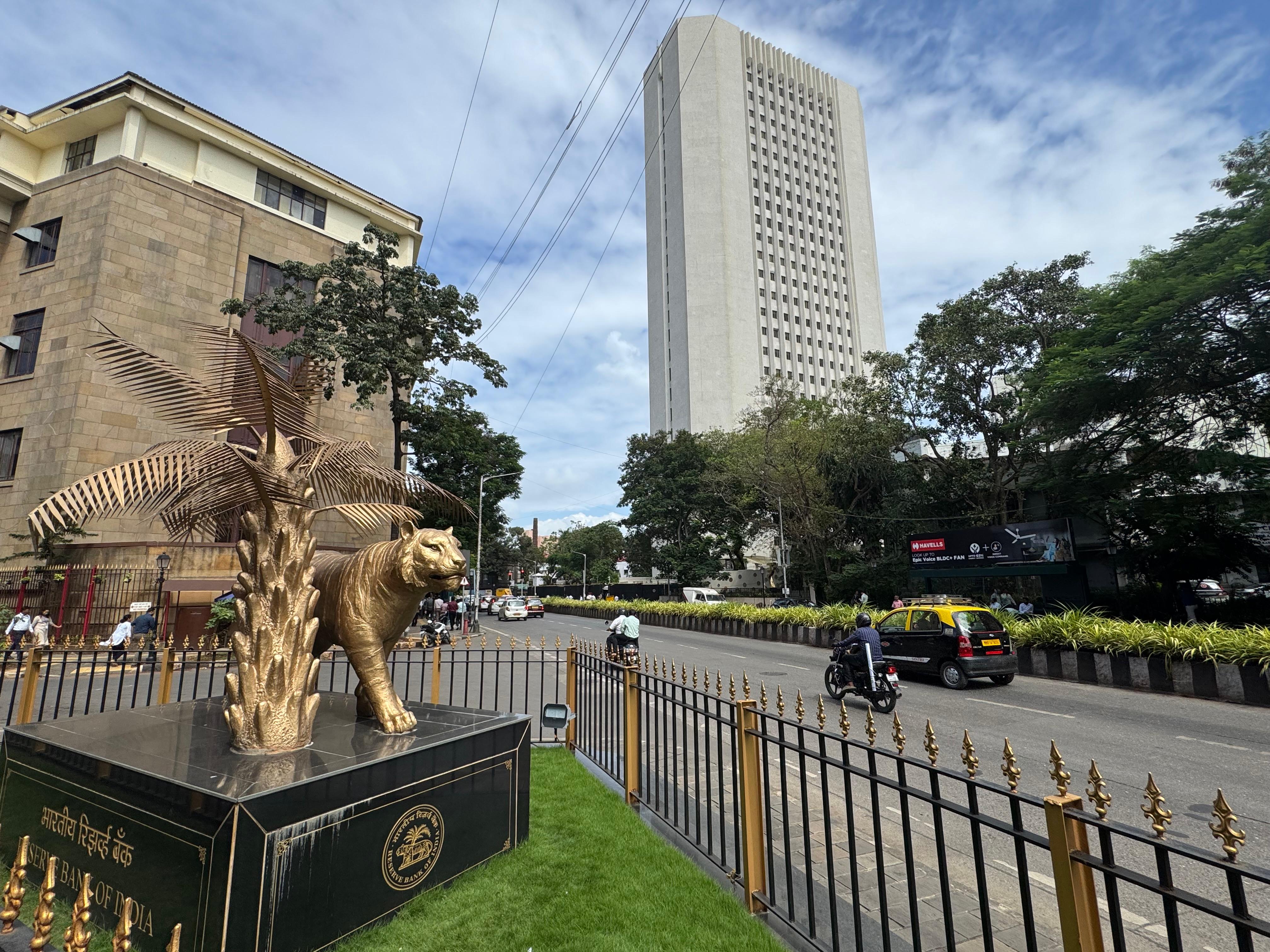.png)
Richard is an independent financial journalist who tracks financial markets and macroeconomic developments
November 12, 2025 at 9:50 AM IST
Direct cash transfer schemes have become a defining feature of state-level politics in recent years. Once confined to a handful of states, such programmes are now entrenched nationwide, driven as much by political calculation as by welfare intent. While these schemes are undeniably popular and have helped political parties secure electoral victories, they are placing mounting pressure on state budgets in ways that may soon prove unsustainable.
The fundamental issue is not one of intent. Cash support can provide short-term relief, particularly to women who often bear the brunt of household vulnerability. However, it cannot substitute for a broader developmental framework that generates employment, strengthens public services, and builds long-term economic resilience. Societies have historically achieved upward mobility through welfare systems grounded in jobs and public provisioning. Cash handouts, by contrast, offer temporary comfort but rarely alter structural realities.
India’s political economy has become increasingly centred on direct transfers. Over the past two years, the number of states offering largely unconditional cash support to women has surged from two to twelve. According to the 2025–26 budget estimates, states collectively plan to spend ₹1.68 trillion—around 0.5% of GDP—on these schemes.
Some states now allocate as much as 10% of their revenue receipts to direct benefits of this nature. Of the twelve states with unconditional, women-focused transfers, six are projected to run revenue deficits in 2025–26, indicating that welfare politics is now outpacing revenue strength.
This surge has been propelled by the growing political influence of women voters. Schemes such as Maharashtra’s Ladki Bahin, Madhya Pradesh’s Ladli Behna, and Tamil Nadu’s Kalaignar Magalir Urimai Thogai have all been credited with shoring up ruling parties’ electoral positions. Cash, once a supplementary measure, has become the central instrument of political consolidation.
Yet this approach carries a fiscal cost that is becoming increasingly untenable. Bihar offers a stark example. As India’s second-most populous and one of its lowest-income states, Bihar has limited fiscal space for high-cost, universal-style cash transfers. The combined cost of poll promises made by the Rashtriya Janata Dal–Indian National Congress alliance, and the ruling Bharatiya Janata Party–Janata Dal (United) coalition could reach ₹1.2–1.3 trillion—nearly one-third of the state’s entire budget—leaving scant room for essential sectors such as health, education, infrastructure, and policing.
In other words, one political promise could swallow nearly the entire pool of discretionary spending available to the state.
When recurrent cash schemes expand faster than state revenues, they create a structural mismatch between obligations and fiscal capacity. Unlike capital expenditure, which generates future returns, unconditional transfers represent a recurring liability that cannot be easily reversed once politically entrenched. This is the classic bind: such schemes deliver electoral rewards today but lock governments into commitments that erode investment, weaken public services, and stifle growth potential.
The lesson is clear. Cash transfers should complement welfare systems, not replace them. States must prioritise durable foundations—employment, education, healthcare, and opportunity—that empower citizens sustainably. Without that, the rise of transfer-led politics may yield short-term electoral dividends but leave state finances fragile and the broader development journey incomplete.




